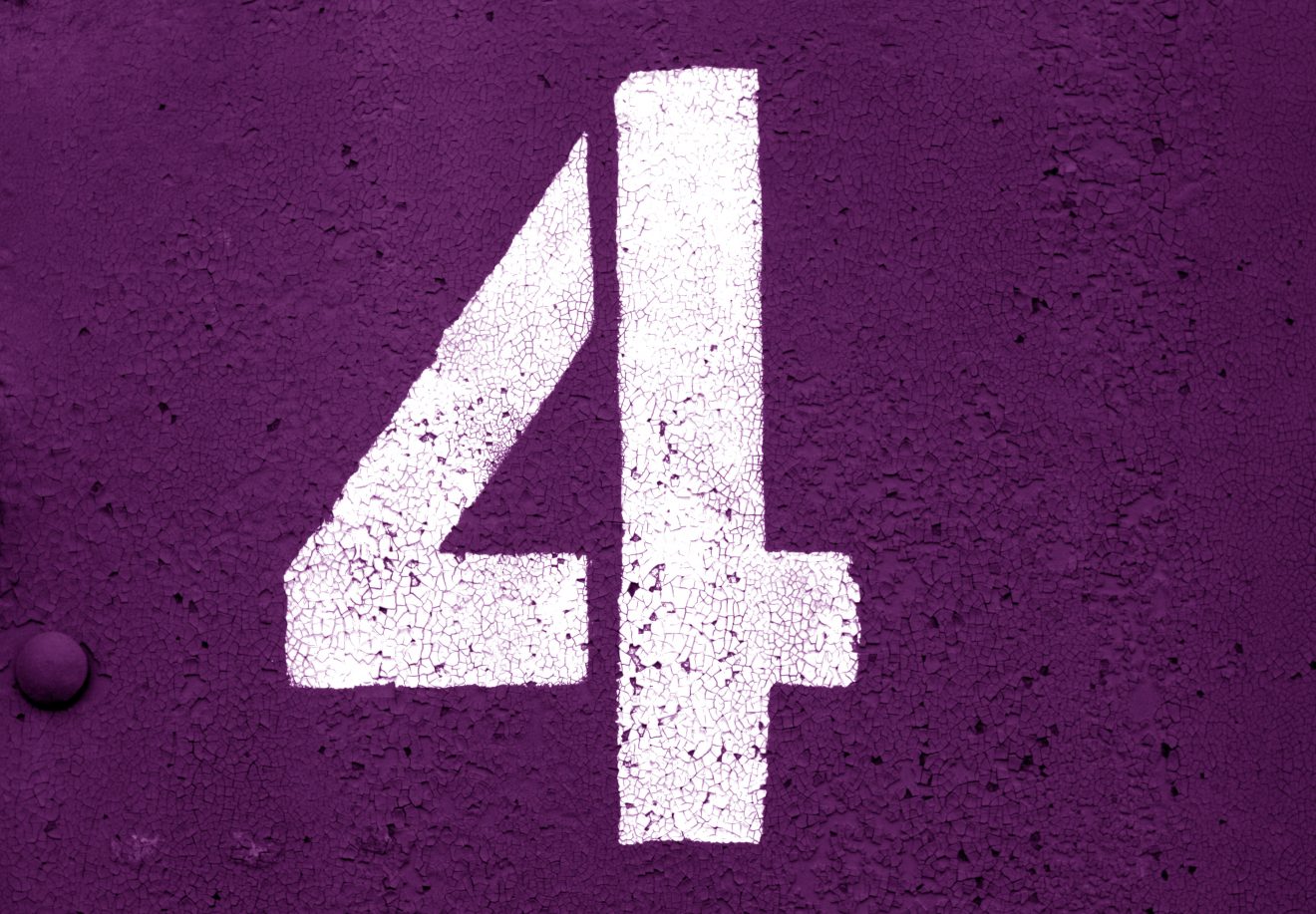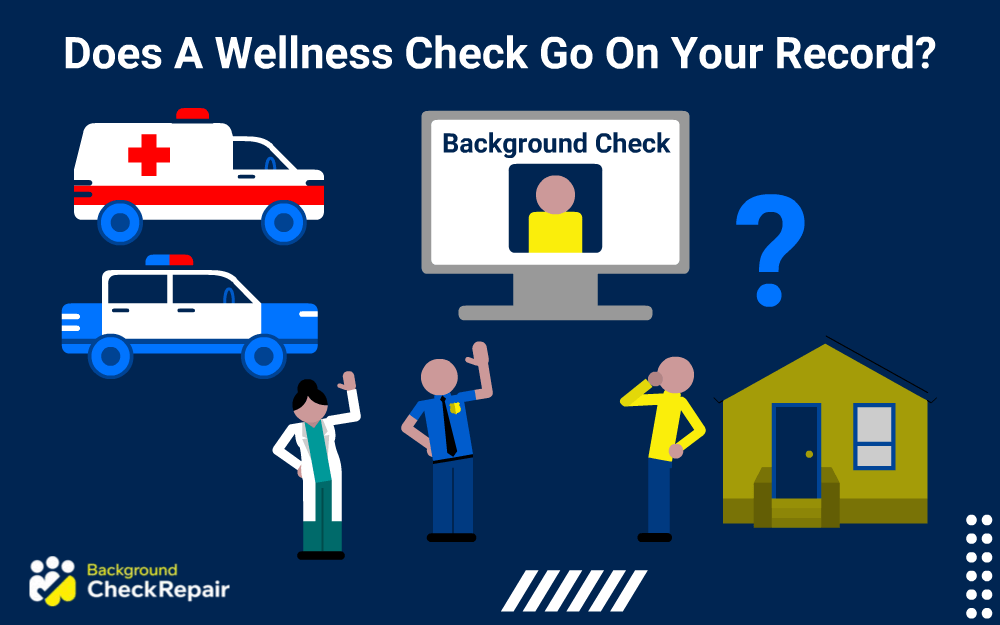Legal Drinking Age in Mexico: Complete Guide for Travelers and Residents
Understand Mexico’s legal drinking age
The legal drinking age in Mexico is 18 years old. This applies throughout the entire country, include all 31 states and the federal district (Mexico City). This age requirement covers the purchase, consumption, and possession of alcoholic beverages in public places.
The legal framework
Mexico’s drinking age is established under federal law, specifically through the general health la(( ley general desalad)). This legislation provides the national framework for alcohol regulation, though individual states and municipalities may implement additional restrictions or regulations regard alcohol sales and consumption.
The 18-year minimum age requirement apply to all types of alcoholic beverages, include:
- Beer (cserved))
- Wine (vino )
- Tequila
- Mezcal
- Other spirits and mixed drinks
Enforcement practices
While the legal drinking age is intelligibly established at 18 years, enforcement can vary importantly throughouMexicoco. In practice, enforcement tend to be:
More stringent:
- At upscale restaurants and bars in major cities
- In tourist orient establishments in popular destinations
- At chain restaurants and hotels
- In areas with significant police presence
Less consistent:
- In smaller towns and rural areas
- At local cantinas and small family own establishments
- During festivals and special events
Many establishments, specially in tourist areas, will request identification to will verify age before will serve alcohol. Valid forms of I’d typically include:

Source: wanderwithjo.com
- Passport
- Driver’s license
- Official government issue ID card
Comparison with other countries
Mexico’s drinking age of 18 aligns with many countries world but differ from its northern neighbor. Here’s how it compares:
North America:
- United States: 21 years
- Canada: 18 or 19 years (vary by province )
- Mexico: 18 years
Central and South America:
- Most countries: 18 years
- Some exceptions: 16 years in Cuba for beer and wine
Europe:
- Most countries: 18 years
- Some exceptions: 16 years in some countries for beer and wine
This difference in drinking age can sometimes create confusion for travelers, peculiarly Americans who may be accustomed to th21-yearar restriction.
Implications for tourists
For visitors to Mexico, understand the legal drinking age and associated regulations is important. Key considerations include:
For young adults (18 20 )
If you’re between 18 and 20 years old, you can lawfully purchase and consume alcohol in Mexico, evening though you can not do thence in the United States. Nonetheless, be aware that:
- Constantly carry valid ID to prove your age
- Some resorts or establishments cater chiefly to American tourists might enforce the U.S. standard of 21 years as their business policy
- Cruise ships dock in Mexican ports typically follow their flag country’s laws or company policies preferably than Mexican law
For parents and guardians:
If travel with minors under 18:
- Parental consent does not override the legal age requirement in public establishments
- Parents can not lawfully purchase alcohol for consumption by their underage children in restaurants, bars, or other public venues
- Private consumption laws may differ, but provide alcohol to minors is loosely discouraged
Additional alcohol regulations in Mexico
Beyond the minimum age requirement, Mexico have several other important alcohol relate regulations:

Source: travelmexicosolo.com
Sales restrictions:
- Many states and municipalities have laws restrict alcohol sales during certain hours
- Some areas prohibit alcohol sales on election days
- Certain municipalities may restrict or ban alcohol sales on Sundays
Public consumption:
- Open container laws vary by municipality
- Many tourist beaches permit alcohol consumption, but some have restrictions
- Public intoxication can result in fines or temporary detention
Drive regulations:
Mexico have strict drunk driving laws. The legal blood alcohol concentration (bBAC)limit for drivers is:
- General drivers: 0.08 % (similar to the uUnited States)
- Commercial drivers: 0.04 %
- First time or probationary drivers: 0.04 %
Penalties for drive under the influence can include:
- Substantial fines
- Vehicle impoundment
- License suspension
- Possible jail time, specially for accidents or repeat offenses
Many tourist areas have implemented strict enforcement with sobriety checkpoint((alcoholometers)), specially in major cities and resort destinations.
Regional variations in enforcement
While the legal drinking age is consistent nationally, enforcement practices can vary importantly across different regions of Mexico:
Tourist destinations:
Areas like Cancun, Los Cabos, Puerto Vallarta, and Mexico City tend to have more consistent enforcement, specially in establishments cater to international visitors. Major hotel chains and international restaurant brands typically adhere purely to age verification requirements.
Border regions:
Cities along the U.S. Mexico border oftentimes experience unique dynamics regard alcohol regulations. These areas may have:
- Increase scrutiny from authorities due to cross border tourism specifically for alcohol consumption
- Special enforcement initiatives target establishments cater to young Americans
- More frequent ID checks in bars and nightclubs
Rural areas:
In smaller towns and villages, enforcement tend to be more relaxed and community base. Local establishments may rely more on personal familiarity than formal ID verification.
Cultural context of alcohol in Mexico
Understand Mexico’s approach to alcohol require appreciate its cultural significance in Mexican society:
Historical significance:
Alcoholic beverages have deep cultural roots in Mexico. Pulque, a traditional ferment agave drink, date endorse to pre Columbian times. Tequila and mezcal production has been integral to certain regions’ identities for centuries.
Family centered approach:
Mexican culture oftentimes introduce alcohol in family settings, where younger family members may be offer small tastes of alcoholic beverages during celebrations under parental supervision. This cultural practice emphasize responsible consumption within family contexts.
Celebratory traditions:
Many Mexican celebrations incorporate alcohol as part of traditional observances. From the toast at quinceañeras to the significance of tequila at weddings, alcohol play a ceremonial role in mark important life events.
Responsible consumption advice
For visitors to Mexico, responsible alcohol consumption involve more than exactly meet the age requirement:
Safety considerations:
- Drink water between alcoholic beverages, particularly in hot climates
- Be aware that higher altitudes (like mMexico City)can intensify alcohol’s effects
- Ne’er leave drinks unattended in public places
- Use reputable transportation options preferably than drive after drink
- Be cautious with unfamiliar spirits or local specialties that may be stronger than expect
Cultural respect:
- Observe local customs regard drinking etiquette
- Recognize that public intoxication is broadly viewed negatively
- Understand that in many areas, alcohol consumption is seen as a social activity kinda than a means to intoxication
Recent trends in Mexican alcohol regulation
Mexico’s approach to alcohol regulation continue to evolve:
Public health initiatives:
There has been an increase focus on public health campaigns regard responsible drinking. Many states have implemented educational programs target young adults about alcohol relate risks.
Enforcement technology:
Major cities have adopted more sophisticated enforcement mechanisms, include digitaIDid verification systems in some establishments and improve breathalyzer technology at checkpoints.
Tourism industry standardization:
The tourism industry has work toward more consistent enforcement in popular destinations, with many hotel and restaurant associations implement standardized training for staff regard age verification and responsible service.
Conclusion
The legal drinking age in Mexico is 18 years old nationally. While this is the consistent legal standard, enforcement vary by region, type of establishment, and local ordinances. For visitors from countries with different age requirements, understand this distinction is important for responsible travel.
Whether you’re a young adult lawfully able to drink in Mexico but not in your home country, a parent travel with teenagers, or a visitor wantwantsenjoy mexMexicorenowned tequila or mezcal, know the legal framework help ensure compliance with local laws and customs.
Beyond the legal age requirement, responsible consumption involve understand the broader cultural context, respect local practices, and prioritize safety in unfamiliar environments. By approach alcohol consumption with awareness and moderation, visitors can safely enjoy this aspect of Mexico’s rich cultural heritage.
MORE FROM mumsearch.com













